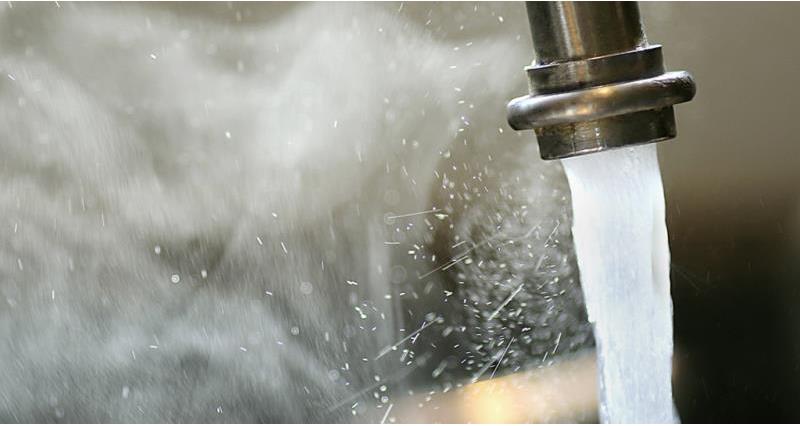Some farmers have been unhappy with the communication from their water company and the NFU's immediate concern is making sure companies do all they can to help customers, particularly those in vulnerable circumstances. Farms are, by their nature, geographically isolated in rural locations and a reliable supply of water is needed to meet domestic and business needs including livestock drinking.
The NFU is pushing water companies to improve their communication and planning which has, in some instances, fallen short of customers’ expectations. The water regulator Ofwat has already warned it 'won’t hesitate to intervene' if it finds companies have not had the right structures and mechanisms in place.
Thames Water, South East Water, Southern Water and Affinity Water have all issued statements in the last few days about 'exceptionally high' levels of demand for water due to multiple bursts on networks and an increase in leaks in customer properties.
The companies asked their customers with water to use 'as little as possible' while they get things back to normal.
Farmers have taken a range of measures to minimise the impact of water supply disruption and help each other by, for example, sharing water bowsers in the worst affected areas.
Advice if you are affected
Customers are being urged to check their local water companies’ websites and social media for updates and advice.
As the freeze ends, it will be crucial to check for leaks on your side of the meter for which you will be liable to repair and be charged for water ‘lost’.
The Consumer Council for Water has produced some simple advice for dealing with frozen pipes and the aftermath. Read the advice here.
The NFU is in ongoing discussions with Water UK, the umbrella body representing all water companies, about how to minimise the disruption of water supplies to farms as both domestic and business sites.
The Security and Emergency Measures (Water and Sewerage Undertakers) Direction 1998 requires water undertakers to have plans in place to provide additional services in the eventuality of an interruption to potable water supply.
The SEMD directs that certain sets of customers should take priority with the “domestic needs of the sick, the elderly, the disabled, hospitals, schools and other vulnerable sectors of the population” as primary consideration. The direction also sets out that regard needs to be paid to the needs of non-domestic users.
In cases where piped water supplies are not available then alternative measures need to be put into place to maintain a minimum level of supply. This is outlined in Drinking Water Inspectorate (DWI) guidance as “at least 10 litres of water per person per day to all those affected within the first 24 hours of an undertaker becoming aware of an incident”. After five days the minimum volume supplied rises to 20 litres per person per day.
